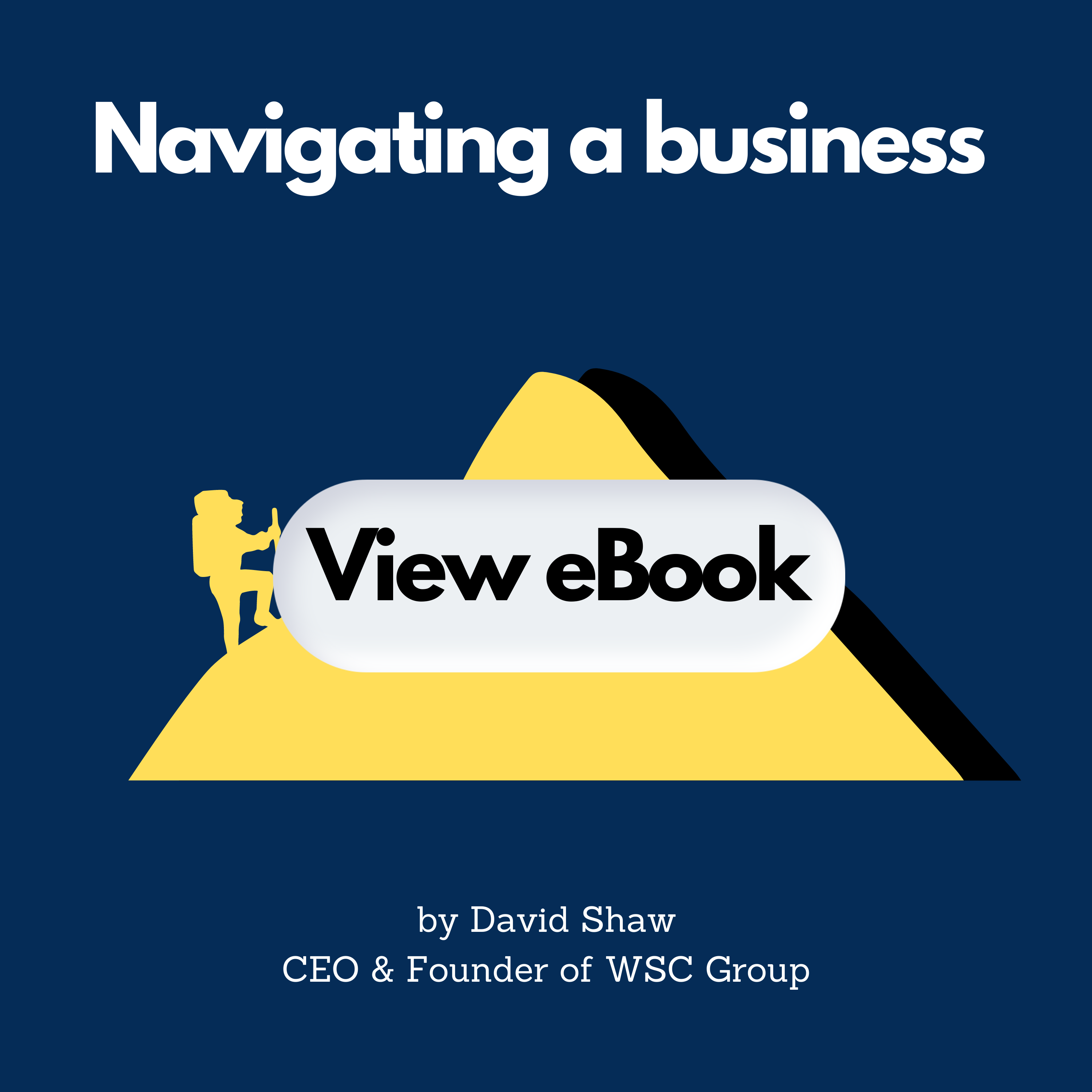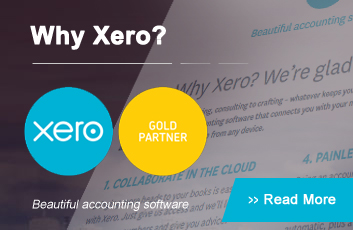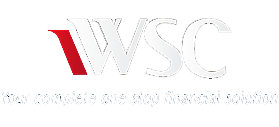
Latest News
Message from David Shaw
We have made a positive start to our tax season with our average turnaround time less than four weeks at present for personal returns. We have spent considerable time in stream lining our systems and processes over the past year in an attempt to respond to our clients’ needs for a timely processing of tax returns and the results so far have been good.
I would like to announce that we have conducted our first Tax, Finance and Financial Planning Seminar for the financial year in Newcastle last month. Further seminars will be held in Brisbane on 12th September, Melbourne on 17th October and there will be two Sydney Seminars in November. There has been a great response in relation to our Financial Planning and Loans divisions where clients have expressed the need to have a specialist look at their long term business affairs.
By way of an update, the Tax Office has been focussed on Self-Managed Super Funds (SMSF’s) more than ever before. The importance of accurate record keeping and having the appropriate documentation for your SMSF has never been stronger. WSC Group has been alerted to the key areas that the ATO are targeting when reviewing a SMSF for compliance.
The ATO are looking to check every invoice, document and minute to ensure that the SMSF is a fully compliant fund. It is recommended that you familiarise yourself with thenotice attached to ensure that in the event of a review you are able to meet the criteria. If you require any assistance or clarification of the areas covered, please contact your relevant WSC office immediately.
This warning from the ATO is not to be taken lightly and further stresses the importance of all members of SMSFs to ensure that they actively control the future growth of their SMSF through the use of their independent financial advisor and accountant.
We would love to be able to catch up with our business clients and investors in the coming months as your trusted advisors as we are hopeful there will be more opportunity for our clients to grow their wealth in the future.
Regards,

David Shaw
ASIC Fee changes 1 July
Late Fees
| Late fee 1 – document received within 1 month after the prescribed time | $72 |
|---|---|
| Late fee 1 – document received within 1 month after the prescribed time | $299 |
Annual Review Fees
| A proprietary company (except a special purpose company) (Late payment fee applied if not paid within 2 months after review date) | $236 |
|---|---|
| A special purpose company $44 (Late payment fee applied if not paid within 2 months after review date) | $44 |
When a superannuation pension commences and ceases
The ATO has published a Ruling about "starting and stopping a new superannuation income stream" (i.e., a superannuation pension).
The Ruling applies to complying superannuation funds (including SMSFs) which commence an 'account-based pension', including a 'transition to retirement pension', and focuses on when a pension commences and when it ceases and, consequently, when a pension is payable.
These concepts are relevant to determining the income tax consequences for both the superannuation fund (including the availability of the pension exemption) and the member in relation to superannuation income stream benefits paid.
The ATO states there has been a lot of interest as to when a pension ceases, and the most common circumstances for a pension ceasing are summarised as follows:
- When all pension capital is exhausted;
- There has been a failure to comply with the superannuation pension rules (Editor: Note that there are limited circumstances where the Commissioner may apply his powers of general administration to nonetheless allow the pension to still continue);
- The pension is fully commuted (i.e., when a member, or beneficiary of a deceased member, chooses to exchange all of their pension entitlements for a lump sum); or
- The member has died – A pension ceases as soon as the member in receipt of the pension dies, unless a dependant beneficiary is automatically entitled to a reversionary pension.
Note that recent amendments to the tax law, applicable to the 2012/13 income year and later income years, ensure that where a member was receiving a pension immediately before their death, the fund will continue to be entitled to the pension exemption from the time of the member's death until their benefits are cashed, provided the relevant requirements are met (e.g., the benefits must be cashed 'as soon as is practicable' following the death of the member).
Segregation of pension assets
Editor: The ATO has also recently released a document setting out their views on what a super fund needs to do to 'segregate' its pension assets and, therefore, ensure that income from those assets is exempt from tax, without the need to obtain an actuarial certificate. Although the document is only a 'draft determination', it provides very practical guidance.
For example, it states that a superannuation fund will often require two separate bank accounts in order to maintain one of them as a segregated bank account.
That is, to properly segregate the bank account so that the fund won't need an actuarial certificate, a separate bank account will need to be held for the sole purpose of paying the pension, and another bank account may need to be held for other or general purposes.
If you would like advice about superannuation compliance and taxation advice generally, please contact our office.
ATO's 2013 Compliance Program
As usual, the ATO has released its annual Compliance Program, and following are some of the main 'highlights' that will attract their attention in the coming year, including:
- High work-related expenses claims, particularly those made by:
* building and construction labourers, construction supervisors and project managers; and * sales and marketing managers; - Wealthy individuals and people who may be using secrecy jurisdictions (i.e., tax havens) to avoid paying tax;
- Employers who intentionally try to avoid their tax and super obligations byimproperly treating workers as contractors rather than employees;
- Small businesses that overclaim concessions, attempt to hide income and operate in the cash economy, and claim CGT concessions they are not entitled to;
- Businesses with outstanding returns, particularly trusts, partnerships and companies and entities with privately owned groups;
- Fraudulent phoenix activity, particularly by property developers; and
- SMSFs that misuse the concessional tax environment deliberately or unintentionally.
The ATO has also advised that they investigate every time an employee tells them that their employer has not paid their superannuation guarantee entitlement. The ATO will also specifically audit employers in the cafes and restaurants, carpentry services, and real estate services industries, due to these industries presenting a higher risk of employers not complying with their superannuation guarantee obligations.
In addition, more than 640 million transactions are reported to the ATO annually from sources such as banks, share registries, employers, merchants, states and territories and other government departments, and the ATO uses this information to detect people trying to avoid their tax and superannuation obligations.
CGT: Keep the right records
The ATO has reminded taxpayers that they should keep all records of purchases or acquisitions of assets that may be subject to CGT, and records relating to their sale or disposal, including details of the nature of the act, transaction, event or circumstance, how it resulted in a capital gain or loss, the date it occurred, and the parties involved.
The records used to work out the amount of the capital gain or capital loss should also be kept, which may include:
- receipts of a purchase or transfer;
- details of interest on money borrowed relating to the asset;
- records of agent, accountant, legal and advertising costs;
- receipts for insurance costs;
- receipts for rates, land tax and stamp duty;
- any market valuations;
- receipts for the cost of maintenance, repairs or modifications;
- accounts showing brokerage on shares; and
- records from the previous owner – for example, for inherited assets.
Car depreciation limit for 2013/14
The ATO has advised that the car depreciation limit for the 2013/14 financial year is $57,466 (unchanged from the 2012/13 year).
An Important Message
While every effort has been made to provide valuable, useful information in this publication, this firm and any related suppliers or associated companies accept no responsibility or any form of liability from reliance upon or use of its contents. Any suggestions should be considered carefully within your own particular circumstances, as they are intended as general information only. Please contact your WSC account manager for more information.














